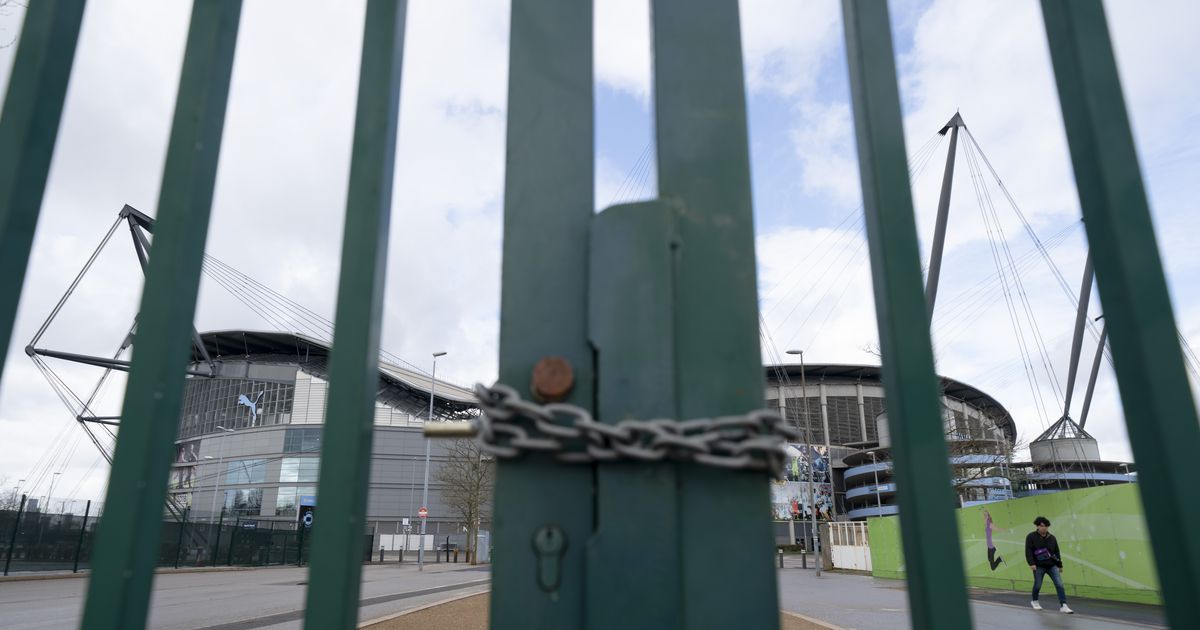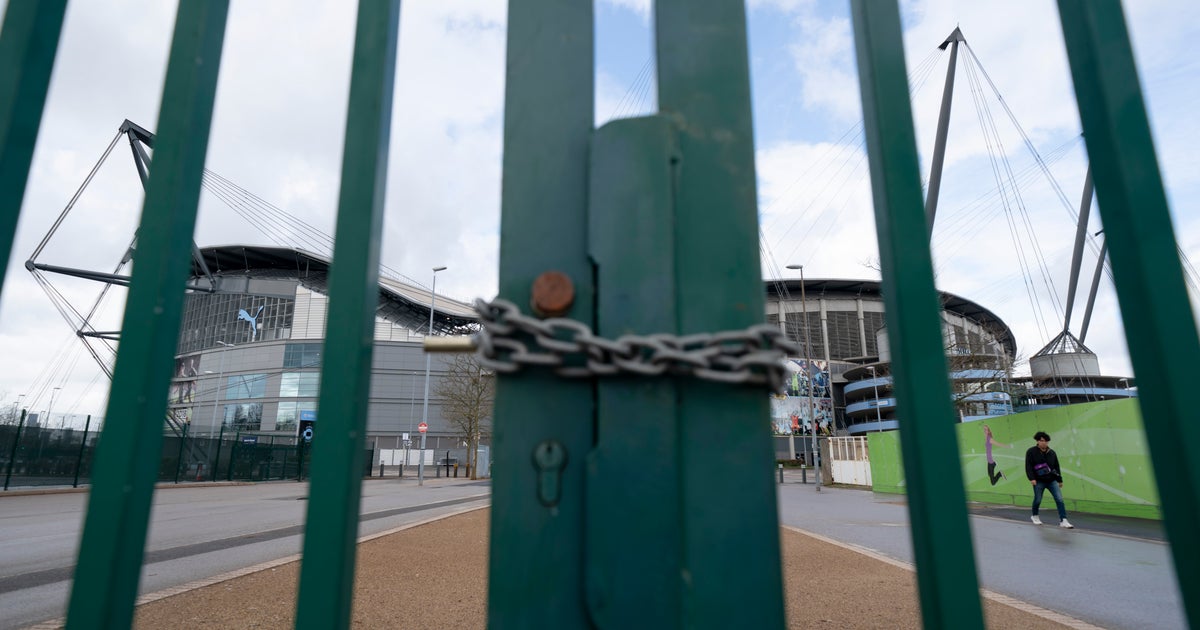Premier League stars face backlash over pay during pandemic


The request to Premier League players from British health secretary Matt Hancock was direct: “Take a pay cut.”
The swift response from the Professional Footballers’ Association on Thursday: Maybe, but not yet.
Hancock’s comments reflected growing public pressure in Britain for players in the world’s richest football league to follow the example of clubs in Spain and forego some of their wages to help pay the salaries of staff during the coronavirus pandemic.
With soccer on hold across Europe, players at Barcelona and Atlético Madrid have taken pay cuts of 70%, but English clubs have yet to announce any similar measures. Tottenham and other clubs have even said they plan to use a government scheme to help pay the wages of club staff during the shutdown, effectively using tax payer money as a bailout despite making record revenues last season.
The government, though, seems to telling clubs to pay their own way.
“Everybody needs to play their part in this national effort and that means Premier League footballers too,” Hancock, who oversees the National Health Service, said from Downing Street. “Given the sacrifices that many people are making, including some of my colleagues in the NHS who have made the ultimate sacrifice of going into work and have caught the disease and have sadly died, I think the first thing that Premier League footballers can do is make a contribution, take a pay cut and play their part.”
The English players’ union has been in talks with the Premier League about a collective agreement about deferring or reducing wages but there was no resolution by Thursday night.
“We are aware of the public sentiment that the players should pay non-playing staff’s salaries,” the PFA said. “However, our current position is that — as businesses — if clubs can afford to pay their players and staff, they should.”
That public sentiment grew when Tottenham, which reached the Champions League final last season and is among the 10 biggest money-makers in club football worldwide, announced its 550 non-playing staff members would have their pay cut by 20% or be furloughed.
Under the job retention scheme hastily implemented last month as the national coronavirus lockdown was implemented, staff put on furlough can receive 80% of their salaries from the government, up to a maximum of 2,500 pounds ($3,000) a month.
Fellow Premier League clubs Bournemouth, Newcastle and Norwich have also announced plans to furlough staff.
However, the players union doesn’t like those measures either.
“The players we have spoken to recognize that the non-playing staff are a vital part of their club and they do not want to see club staff furloughed unfairly,” the PFA said. “Any use of the government’s support schemes without genuine financial need is detrimental to the wider society.”
English football is operating in a “moral vacuum,” according to Julian Knight, who chairs the House of Commons select committee overseeing sports and asked the treasury to consider a windfall tax on Premier League clubs.
Many of the English clubs are owned by billionaires from around the world — including Tottenham, whose owner Joe Lewis has an a wealth valued at more than 4 billion pounds by The Sunday Times Rich List.
“In instances where clubs have the resources to pay all staff, the benefit of players paying non-playing staff salaries will only serve the business of the club’s shareholders,” the PFA said.
The issue will be debated by the 20 Premier League clubs on Friday when they hold their latest emergency conference call. The issue of the resumption of the competition is also on the agenda. English football was shut down on March 13 and will not return until May — at the earliest.
The number of virus-related deaths in Britain has accelerated this week. Government figures on Thursday showed the country had 33,718 confirmed cases and 2,921 deaths — an increase of 569 deaths from the day before.
For most people, the coronavirus causes mild or moderate symptoms, such as fever and cough. But for others, especially older adults and people with health problems, it can cause severe conditions like pneumonia and is sometimes fatal.






